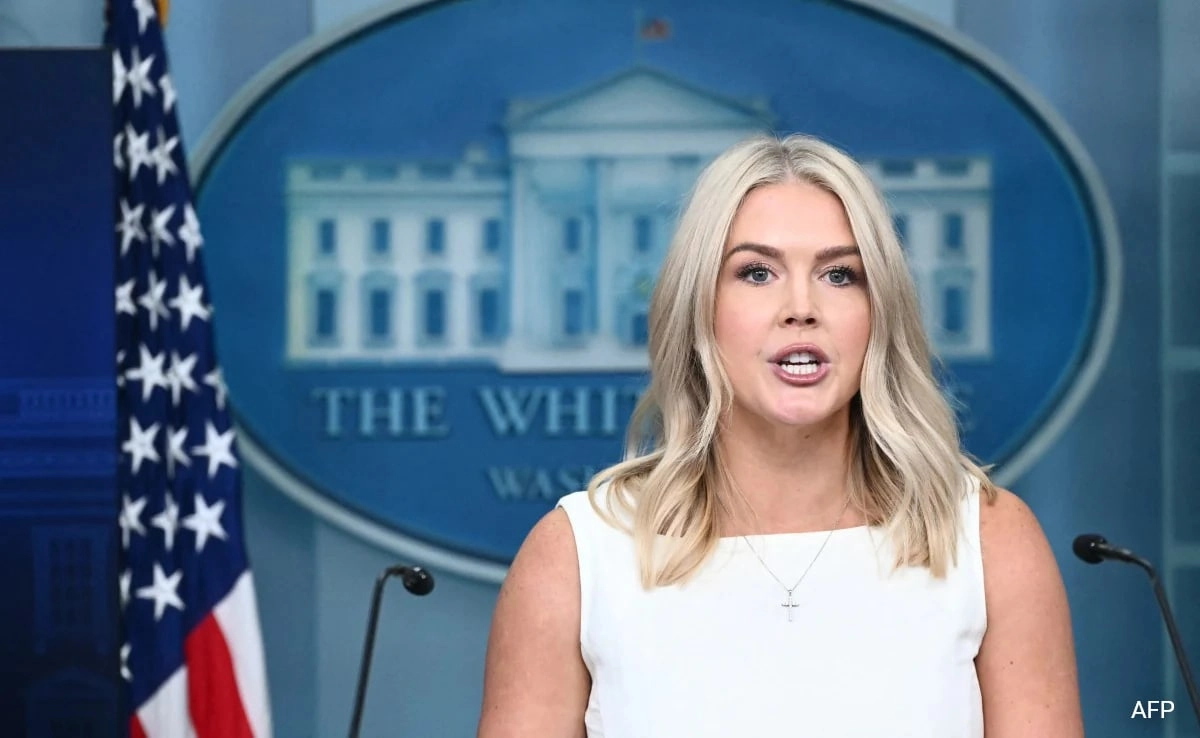The White House has firmly denied allegations surrounding a purported birthday note sent by former President Donald Trump to the late financier Jeffrey Epstein. This claim emerged amid renewed scrutiny of Epstein’s connections with numerous high-profile individuals, including politicians and celebrities. Epstein, who was arrested in 2019 on charges of sex trafficking, has been a subject of public fascination and controversy, with many questioning the extent of his relationships with influential figures. The alleged note, which reportedly wished Epstein a happy birthday, has sparked considerable debate and speculation, prompting the White House to clarify Trump’s position and deny any such correspondence took place.
In the wake of these allegations, the White House emphasized that there is no basis for the claim, underscoring that Trump has never sent a birthday note to Epstein. This denial is part of a broader effort to distance the former president from Epstein’s notorious legacy and the criminal activities that have marred his reputation. While Trump has acknowledged knowing Epstein in the past, he has consistently maintained that their relationship was limited and that he was not aware of Epstein’s illegal actions. The White House’s response aims to mitigate any potential political fallout from the resurfacing of Epstein’s connections with various public figures.
As the story develops, it highlights the ongoing impact of Epstein’s case on the lives and careers of those who crossed paths with him. The allegations against Epstein have prompted widespread investigations and discussions about accountability among the elite. Trump’s denial serves as a reminder of the complex web of relationships that can exist in the upper echelons of society, where connections can lead to both opportunities and scandals. Moving forward, the focus will likely remain on how public figures navigate their associations and the implications these relationships may have on their reputations and political aspirations.




